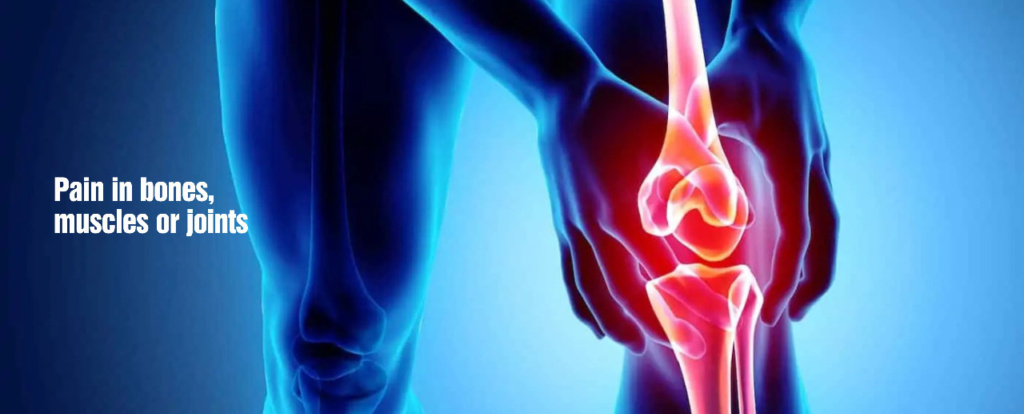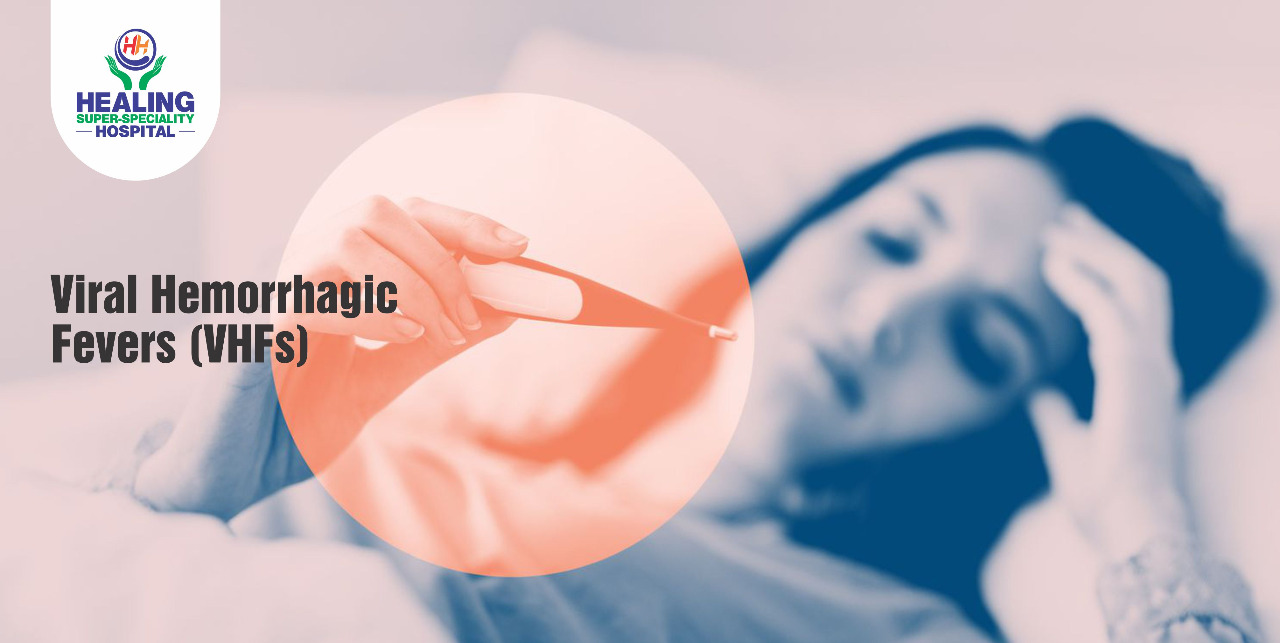Viral hemorrhagic fevers constitute a group of infectious diseases that can lead to life-threatening health issues. VHFs can destruct the blood vessels and cause them to leak thereby affecting the blood’s ability to clot properly. This can eventually lead to internal bleeding. Some of the common VHFs include dengue, kyasanur forest disease, malaria, hantavirus hemorrhagic fever, meningococcal infections and leptospirosis etc.
If you are planning to travel to a country where there is a risk of contracting VHF, it is best to consult your medical health provider and ensure that you get all the requisite vaccinations well in advance. In case you still get infected, it can take anywhere between 2 to 21 days for the symptoms to develop.
VHFs mostly spread through contact with infected insects or animals. The sources could be bats, mosquitoes, mice or ticks etc. On the other hand, certain viral hemorrhagic fevers can also spread from one person to another. You can use protective methods such as wearing gloves, eye and face shields, systematic disposal of lab waste and disinfection of lab specimens (if you deal with lab samples).
Some of the early symptoms of VHFs that you need to look out for are:

- Pain in bones, muscles or joints
- Feeling of dizziness
- High fever
- Diarrhea
- Nausea and vomiting
- Extreme fatigue

However, there can be severe or life-threatening symptoms as well. These include: bleeding in the internal organs, kidney and liver failure, abnormalities in the nervous system, liver failure and sometimes coma. If not treated on time, VHFs can also lead to complications such as multi-organ failure, septic shock or even death in certain cases.
Prevention is the best when it comes to combating VHFs. Getting vaccinated is the first thing that you can implement. Check the prevalence of any specific type of VHFs in the country you are planning to travel to. Apart from vaccination, you can take further steps to prevent contracting a VHF. These include:
- Protection against mosquitoes and ticks: Try to avoid any type of insects, especially if you are travelling somewhere where viral hemorrhagic fever outbreaks are common. Apply a good mosquito repellant, wear clothes that completely cover your body, use bed nets and mosquito coils.
- Keep rodents out of your home: It is imperative to dispose off garbage on a regular basis, keep your lawn trimmed and have tight-fitting doors and windows in your home to guard against rodents.
At present, there is no cure for viral hemorrhagic fevers and vaccinations are available only for a few types of such fevers. Although the optimum thing to keep in mind is prevention from disease, supportive care is essential if you still get affected by VHFs. This consists of antiviral drugs that can lessen the severity and duration of the viral hemorrhagic fevers. Apart from this, fluids are necessary to maintain the balance of electrolytes in your body. Kidney dialysis can become a necessity for those suffering from kidney failure due to VFH.
FOR MORE INFORMATION AND APPOINTMENT CALL:
0172-5088883, +91 9464343434
























